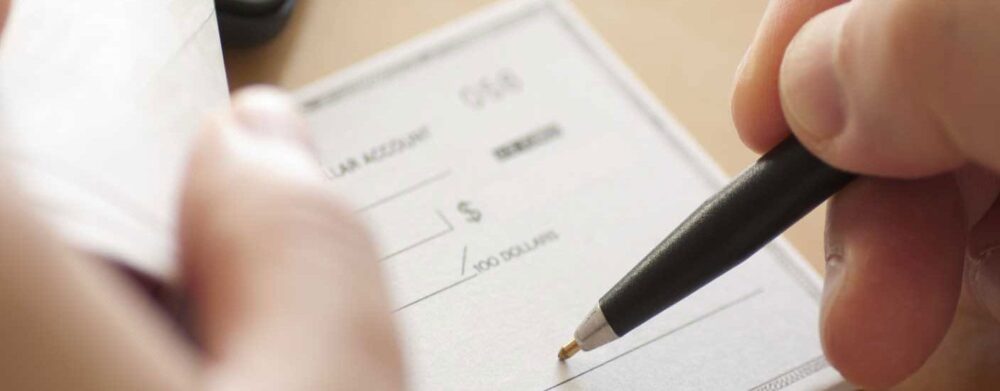What Is a Promissory Note?
A promissory note is a document that evidences a loan, wherein one party to the agreement promises to repay a debt to the other. Promissory notes can differ greatly in terms of the level of detail covered by the agreement. Some promissory notes, such as agreements between relatives regarding personal loans of small sums of money, may be very simple. Others, such as complex real estate mortgage agreements, can be highly complex.
In order for a promissory note to be a legally binding contract, it must address certain conditions and be signed by both parties. The document should include:
- The names of the borrower and the lender
- The date of the agreement
- The amount of money or capital loaned (principal amount)
- The interest rate
- The timeline for repayment
- How the loan is to be repaid
Even when borrowers and lenders do not anticipate any problems, disagreements can arise. Therefore, is best to draft an agreement that contemplates all possible problems so that in the event of a dispute, you can refer to the language of the promissory note to resolve such disputes. For example, you may want to include:
- Whether the loan will be repaid in monthly installments or in a lump-sum payment
- If the loan will be secured by personal or real property
- How the lender can be compensated if the borrower defaults
- Other consequences of default, such as acceleration, when the entire balance comes due in the event of missed payments
- The loan maturity date
- What constitutes default
How We Can Enforce a Promissory Note
A promissory note generally acts as a simple promise to pay, although sometimes collateral is assigned that can be used to secure the loan. If a borrower defaults, the lender usually begins by sending a formal demand letter to the borrower. If that fails, a collections lawyer can seek restitution through the court system by securing a judgment against the borrower.
Even if a judgment is rendered in your favor, the borrower may still refuse to pay the judgment. If this happens, the judgment must be enforced, through a process known as post-judgment execution. Post-judgment execution can be a difficult and slow process, even for a skilled collections attorney. The Red Bank, NJ, Marlton, NJ, Newark, NJ, New York, NY, and Philadelphia, PA collections lawyers at McOmber McOmber & Luber, P.C. have extensive experience enforcing judgments. Some tools we commonly rely upon include:
- Information subpoena: we can serve written questions intended to help you obtain information about the borrower’s assets and income.
- Seizure of property or assets: we can seek a court order to permit a sheriff to enter the borrower’s property and seize assets which can be sold at a public auction to satisfy your judgment.
- Wage garnishment: we can seek a court order directing the borrower’s employer to deduct a portion of their paycheck until you are repaid.
- Bank levies: we can motion to have the funds in the borrower’s bank account frozen to pay the judgment amount.
- Real estate liens: we can motion the court to put a lien against the borrower’s real estate.
Although these methods are effective, if a borrower has no assets (no real estate, personal property or bank accounts) and no steady employment, you may not be able to fully recover the debt you are owed.

